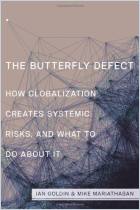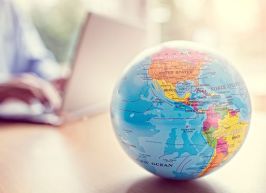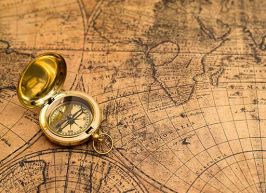Únase a getAbstract para acceder al resumen.

Únase a getAbstract para acceder al resumen.
Ian Goldin, Geoffrey Cameron and Meera Balarajan
Exceptional People
How Migration Shaped Our World and Will Define Our Future
Princeton UP, 2011
¿De qué se trata?
Migration can mean huge economic benefits.
Recommendation
Every now and then, a book sheds light on a hot topic in the news. That is what Ian Goldin, Geoffrey Cameron and Meera Balarajan have done for the issue of immigration. The authors offer solid background information to support their recommendations about migration policies. If current news stories make you think that immigration concerns only restrictive borders, higher walls, bigger detention centers, needy asylum seekers, a drain on state resources and the control of incipient terrorism, perhaps that’s because the media do not cover the substantial economic benefits migration delivers to both receiving and sending nations. With a note that the political opinions expressed are those of the authors, getAbstract recommends this illuminating compilation about migrants who bravely traveled to shape the modern world.
Summary
About the Authors
Ian Goldin, a professor of globalization and development at the University of Oxford, directs the Oxford Martin School where Geoffrey Cameron is a research associate. Meera Balarajan has worked for the UN, the UK government and an Indian NGO.






















Comment on this summary